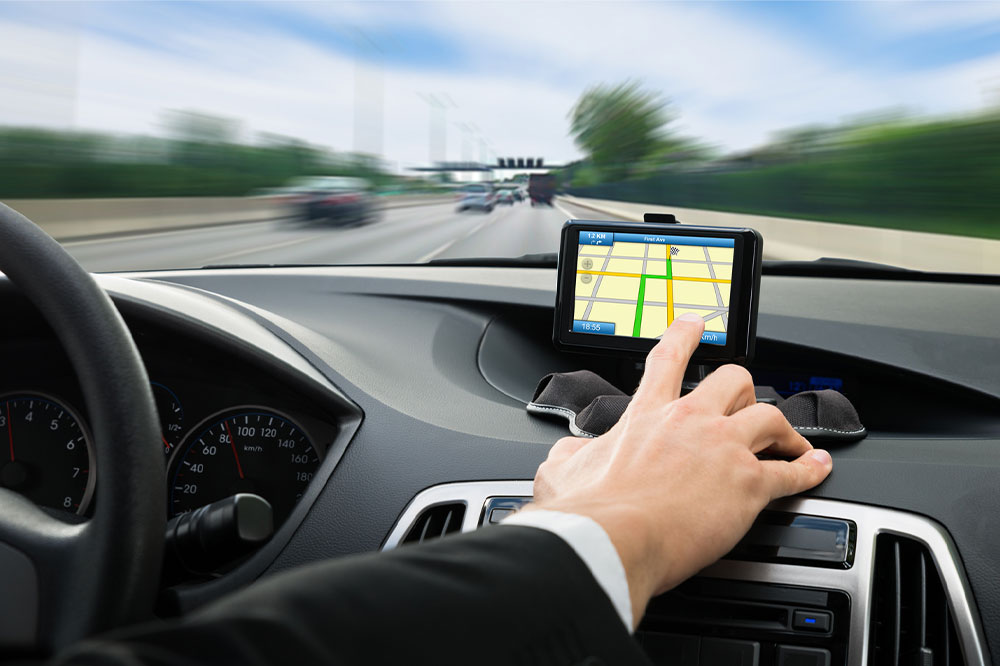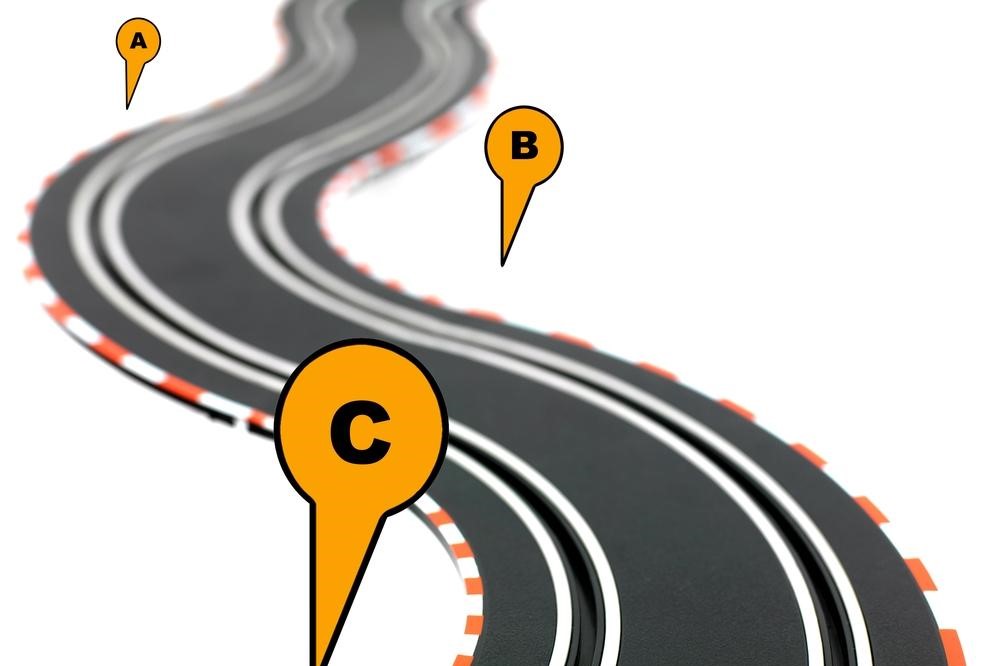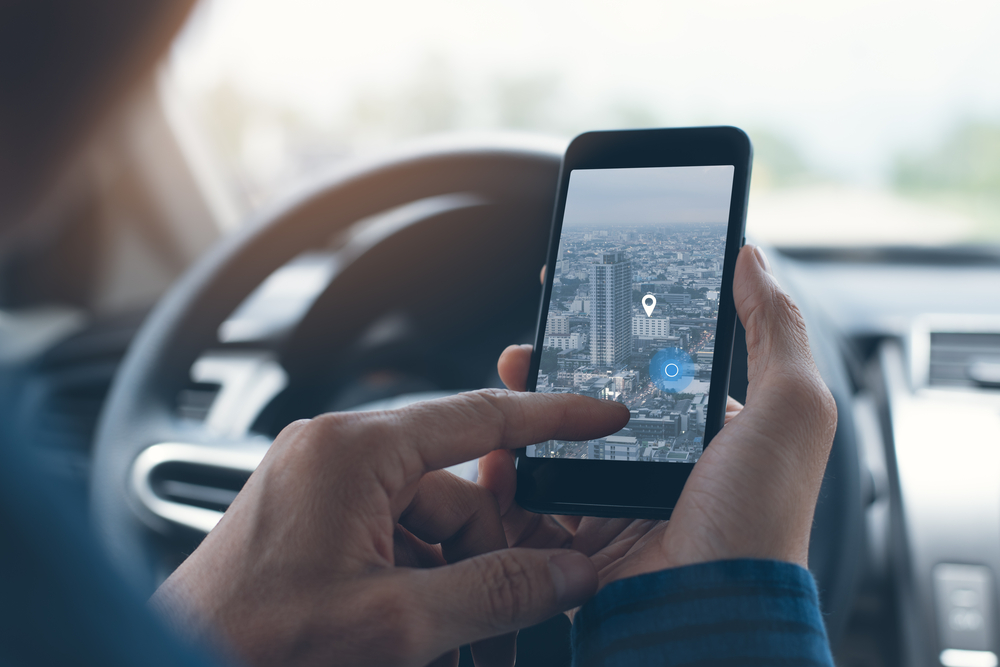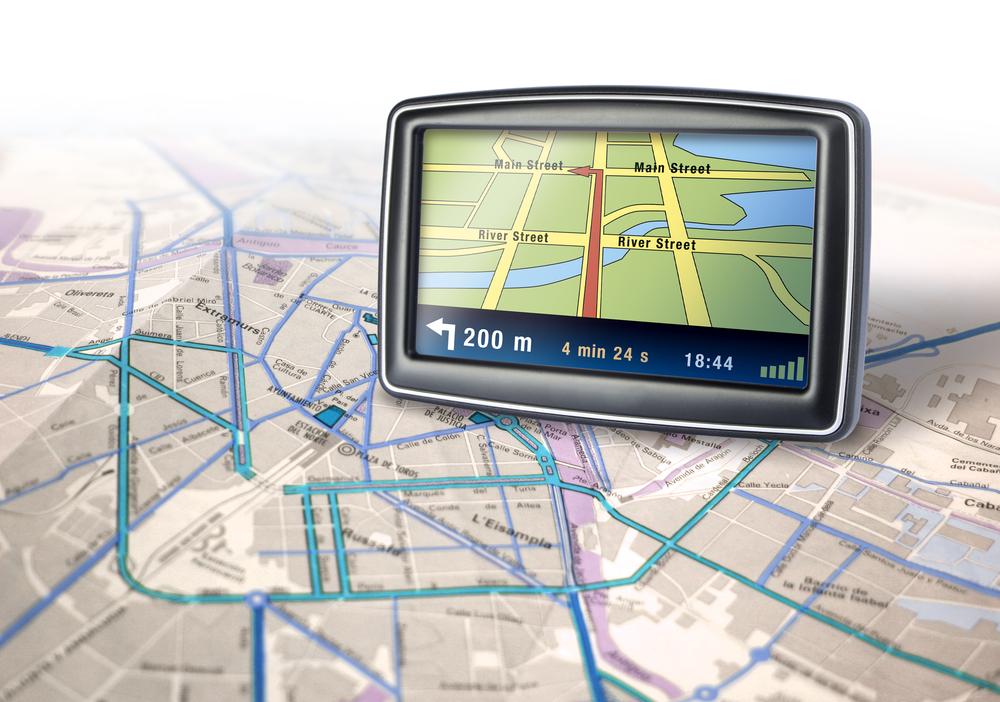Exploring the Diverse External Uses of GPS Technology
Discover the wide-ranging external applications of GPS technology across industries such as agriculture, disaster management, surveying, and transportation. This article highlights how GPS enhances efficiency, safety, and innovation in daily operations, emphasizing its pivotal role in modern life beyond navigation.

Exploring the Diverse External Uses of GPS Technology
The Various Applications of GPS Technology
Originally developed in the 1980s for military and governmental use, GPS technology quickly expanded into civilian sectors as advancements continued. Today, GPS is utilized in both military and civilian contexts, serving a multitude of everyday needs.
Here are some prominent and practical ways GPS and navigation tools are integrated into daily life.
Agriculture: Precision farming benefits greatly from GPS, enabling efficient resource management and field mapping. It supports site-specific crop treatment and yield measurement to optimize production.
GPS is crucial for site-specific management, helping farmers improve yields through detailed field analysis.
Telecommunications: GPS powers telematics and is embedded in modern vehicle systems, enhancing navigation and real-time location tracking across automobiles.
Seismic Monitoring: In tectonic research, GPS aids in fault movement detection and seismic activity forecasting, contributing to hazard mapping and risk assessment.
This technology provides valuable data for understanding earthquake patterns.
Land Surveying: GPS streamlines land boundary work, aiding in urban planning and development by providing precise geographic measurements.
Image Geotagging: The location data embedded in photos and videos helps trace the source and origin of visual content for various uses.
Geofencing: GPS-based geofencing tracks device movements, useful for pet monitoring, vehicle tracking, and workforce management.
Fleet Supervision: Businesses use GPS to monitor vehicle fleets, ensuring efficient delivery and real-time asset management.
Environmental and Weather Studies: GPS facilitates atmospheric research, helping predict natural disasters through techniques like radio occultation.
Emergencies and Disaster Response: Emergency services depend on GPS for rapid navigation, enabling quick response times in critical situations.
GPS used by civilians operates under certain altitude restrictions for safety, sharing similar signals with military systems but restricted by equipment capabilities.









